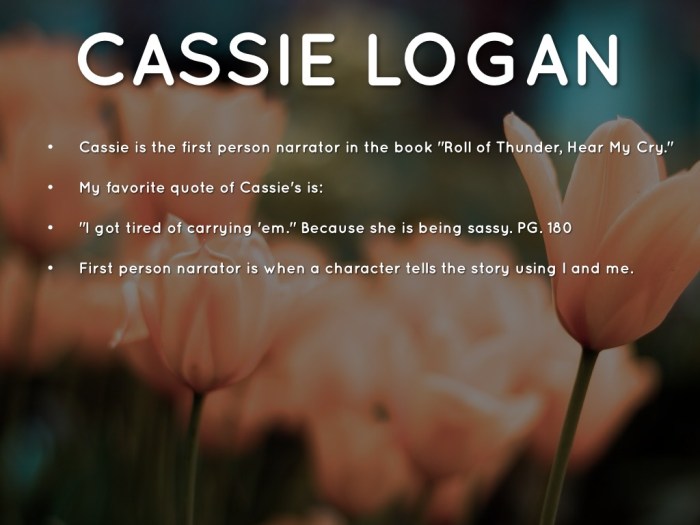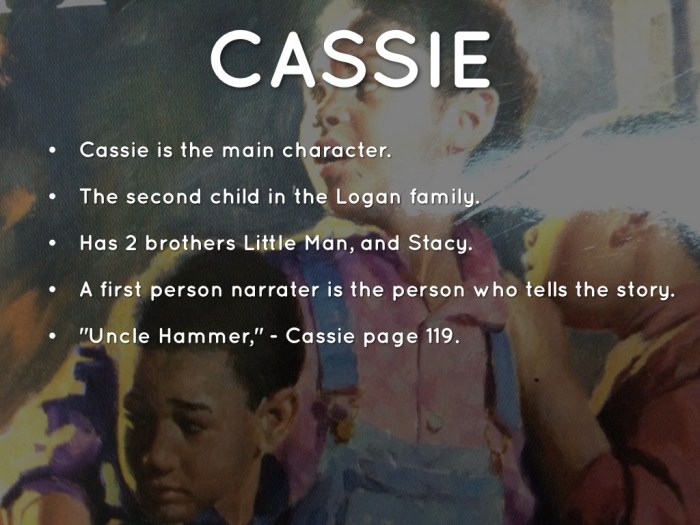Rolling thunder hear my cry quotes – Unveiling the profound impact of “Rolling Thunder, Hear My Cry,” this analysis delves into the iconic quotes, historical context, character motivations, and cinematic brilliance that have cemented its place in American cinema.
The film’s poignant and enduring dialogue has resonated with audiences, leaving an indelible mark on popular culture and sparking meaningful discussions about war, morality, and the human condition.
Iconic Quotes
The iconic quote “Rolling Thunder, Hear My Cry” encapsulates the film’s themes of vengeance, loss, and the destructive impact of war.
It has been used in popular culture to evoke a sense of righteous anger, determination, and the struggle for justice. The quote’s lasting legacy lies in its ability to resonate with audiences who have experienced trauma or injustice.
Different Interpretations
- A plea for recognition and acknowledgment of suffering.
- A cry for revenge against those responsible for causing pain.
- A lament for the loss of innocence and the horrors of war.
Historical Context

The film “Rolling Thunder” was released in 1977, during a time of heightened political and social unrest in the United States.
The Vietnam War had recently ended, leaving a legacy of division and disillusionment. The film reflected the anger and frustration felt by many Americans over the war and its aftermath.
Film’s Role in Shaping Public Opinion
- Challenged the glorification of war and highlighted its devastating consequences.
- Sparked discussions about the treatment of veterans and the need for post-war support.
- Contributed to a growing anti-war sentiment in the United States.
Character Analysis

Main Characters
- Major Charles Rane:A former Green Beret who seeks revenge for the murder of his family.
- Linda Rane:Charles’s wife, who struggles with the emotional toll of the war.
- Johnny Vohden:A former comrade-in-arms of Charles who helps him in his quest for revenge.
Psychological Impact of War
- Charles:Haunted by nightmares, PTSD, and an insatiable desire for retribution.
- Linda:Withdraws into herself, unable to cope with the trauma she has witnessed.
- Johnny:Struggles with guilt over his actions in the war and the loss of his friends.
Moral Dilemmas
- Charles’s pursuit of revenge conflicts with his desire to protect Linda.
- Linda grapples with the ethical implications of Charles’s actions.
- Johnny faces a choice between loyalty to Charles and his own moral code.
Cinematography and Symbolism
Unique Cinematography, Rolling thunder hear my cry quotes
- Grainy, handheld camerawork creates a sense of immediacy and realism.
- Frequent use of close-ups and extreme close-ups intensifies the emotional impact.
- Slow motion and freeze frames emphasize key moments of violence and trauma.
Symbolism
- Thunderstorms:Represent the inner turmoil and emotional upheaval of the characters.
- Mirrors:Symbolize the characters’ fractured identities and fragmented memories.
- Blood:A constant reminder of the violence and brutality of war.
Cultural Impact: Rolling Thunder Hear My Cry Quotes

Genre Influence
- Redefined the war film genre by focusing on the psychological and emotional consequences of war.
- Inspired a wave of films that explored similar themes, such as “Taxi Driver” and “Apocalypse Now.”
- Set a precedent for films that depicted the darker side of American history and society.
Popular Culture References
- The film’s title has been referenced in songs by Bob Dylan and Bruce Springsteen.
- The phrase “rolling thunder” has become a metaphor for righteous anger and the pursuit of justice.
- The film’s imagery and characters have been parodied and referenced in television shows and films.
Question & Answer Hub
What is the significance of the quote “Rolling Thunder, Hear My Cry”?
The quote captures the anguish and desperation of a nation torn apart by war, expressing the collective longing for peace and reconciliation.
How did the film “Rolling Thunder” reflect the social and political climate of its time?
The film mirrored the disillusionment and anti-war sentiment prevalent during the Vietnam War era, challenging conventional notions of heroism and patriotism.